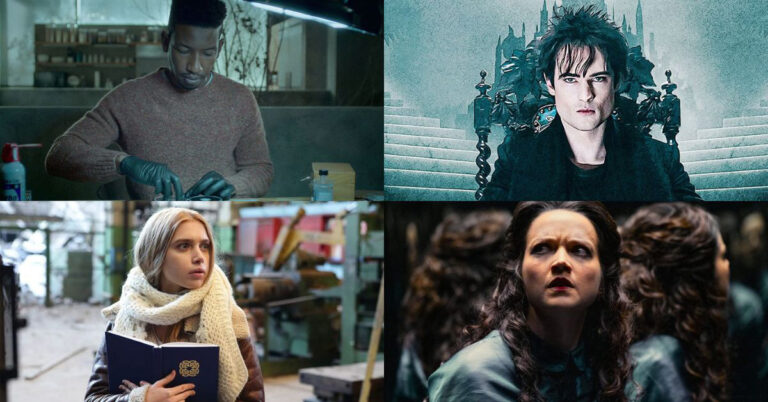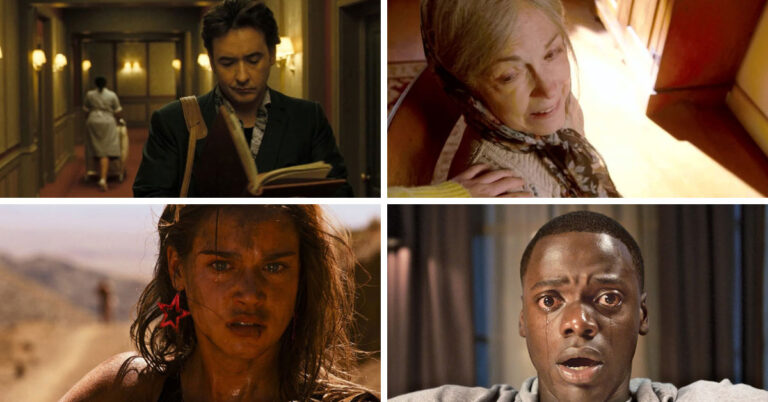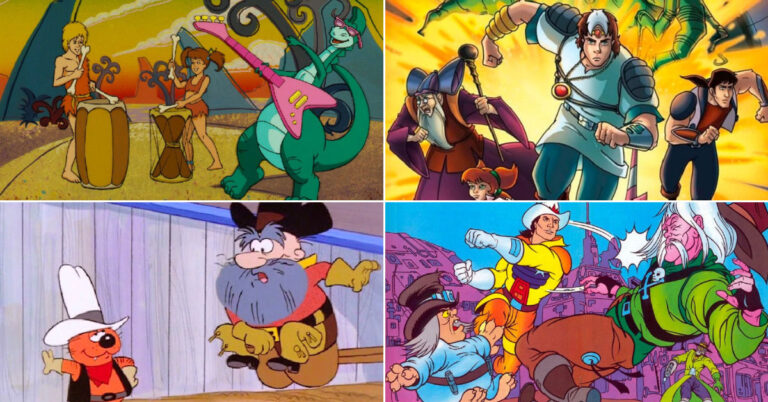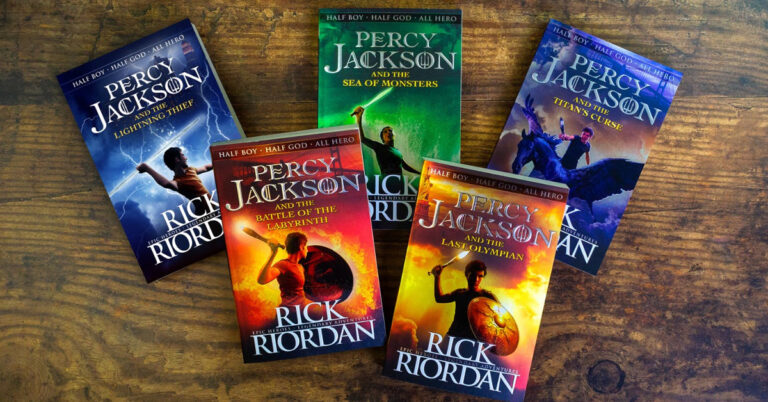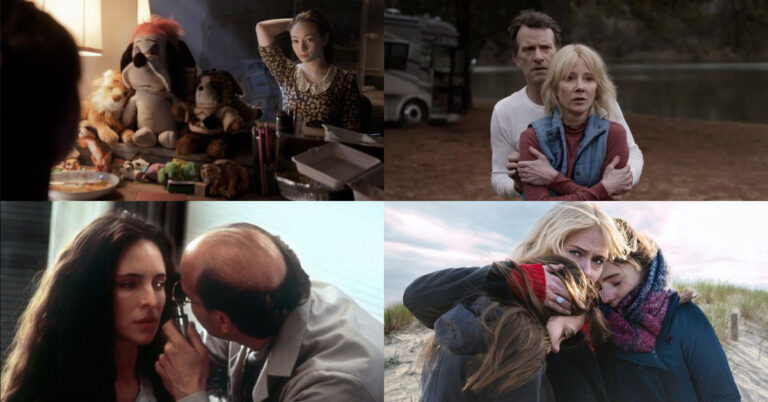50 Intense War Movies Based on Real Events: A Comprehensive Guide
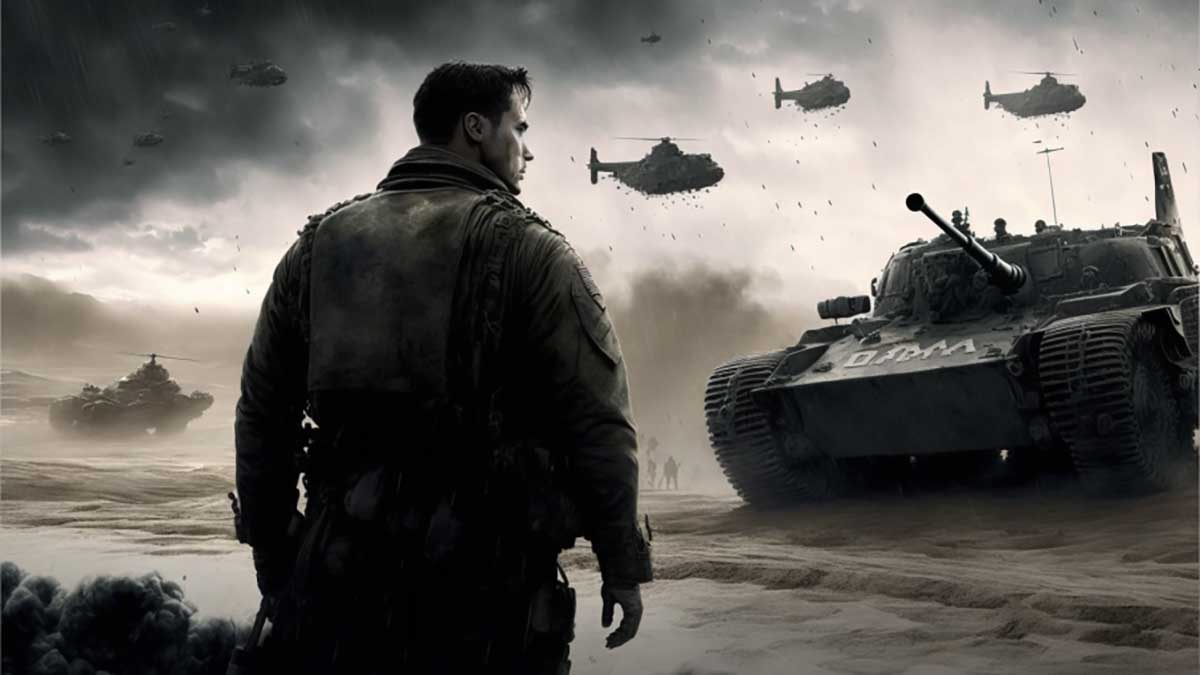
If you’re a fan of intense, action-packed war movies, you’ll definitely want to check out this comprehensive guide to some of the best films based on real historical events. From World War II to the War in Afghanistan, these movies offer a unique glimpse into the lives and experiences of soldiers, civilians, and political leaders during times of conflict. Not only are they thrilling to watch, but they also provide an opportunity to learn more about the historical context of each war.
In this guide, we will examine the accuracy and authenticity of each film, as well as the themes and messages that they explore. Whether you’re interested in the history of war or simply want to be entertained by a good story, these movies have something for everyone.
Saving Private Ryan
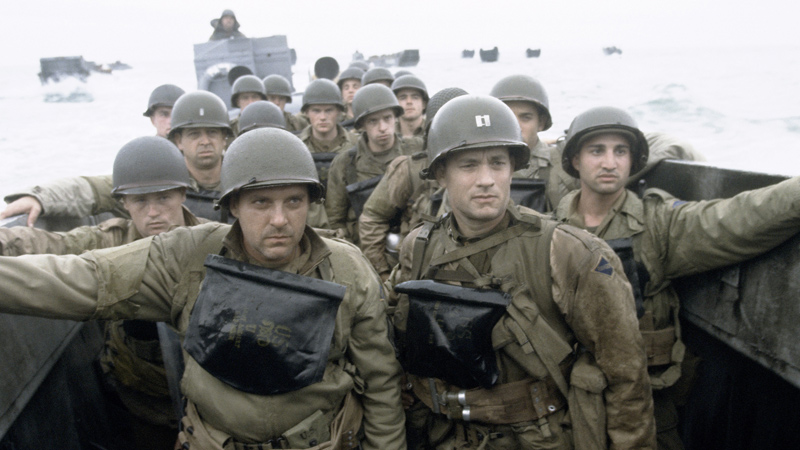
Saving Private Ryan is a 1998 American war film directed by Steven Spielberg. The film is set during World War II and follows a group of soldiers who are tasked with finding Private James Ryan, a paratrooper who is the last surviving brother of four servicemen. The film opens with the Omaha Beach invasion, which is one of the most iconic and intense battle scenes in cinematic history.
The film is based on the real-life story of Fritz Niland, who was a paratrooper in the 101st Airborne Division during World War II. Niland’s brothers Edward and Preston both died in combat, and his other brother, Robert, was listed as missing in action. Fritz Niland was sent home to his family, following a request from the War Department to spare his family any further losses. The film’s story is inspired by this real-life event, although the characters and specific details of the plot are fictionalized.
Platoon
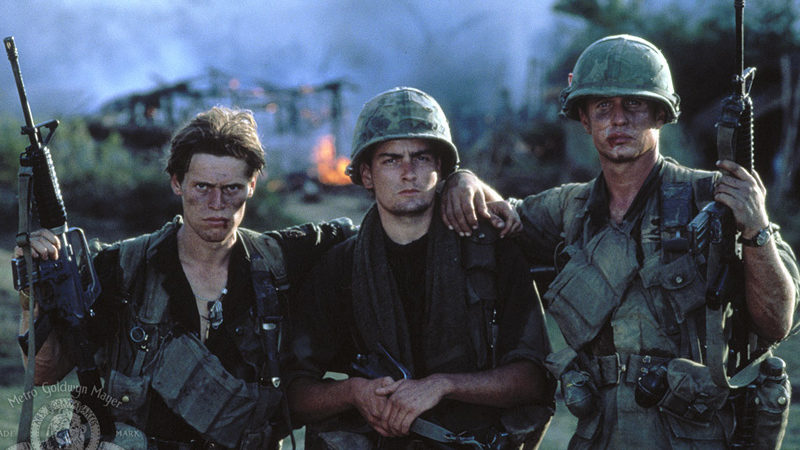
Platoon is a 1986 American war film written and directed by Oliver Stone. The film is set during the Vietnam War and follows the experiences of a young soldier, Chris Taylor, as he fights in the conflict. The film explores the physical and psychological tolls of war, as well as the moral dilemmas faced by soldiers.
The film is based on Stone’s own experiences as a soldier in Vietnam, and it is considered to be one of the most realistic and harrowing depictions of the war on film.
Full Metal Jacket
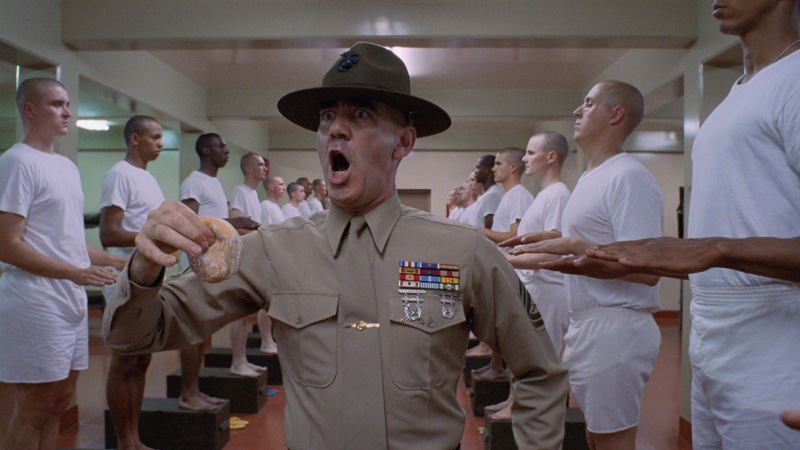
Full Metal Jacket is a 1987 war film directed by Stanley Kubrick. The film follows a group of Marines as they go through basic training and then are sent to fight in the Vietnam War. The film is divided into two parts: the first half follows the recruits as they go through basic training, and the second half follows them as they are deployed to Vietnam.
The film is based on the novel “The Short-Timers” by Gustav Hasford, which was inspired by Hasford’s own experiences as a Marine during the Vietnam War.
Apocalypse Now
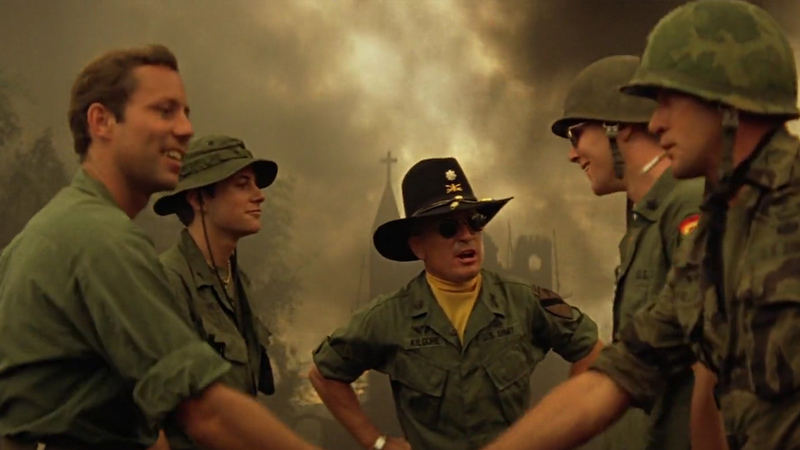
Apocalypse Now is a 1979 American war film directed by Francis Ford Coppola. The film is set during the Vietnam War and follows Captain Benjamin Willard, a special forces officer who is sent on a mission to assassinate the rogue Green Beret Colonel Walter Kurtz, who has gone insane and is leading his own army in the Cambodian jungle.
The film is loosely based on the novel “Heart of Darkness” by Joseph Conrad, which was itself inspired by Conrad’s experiences in the Congo during the late 19th century.
The Deer Hunter
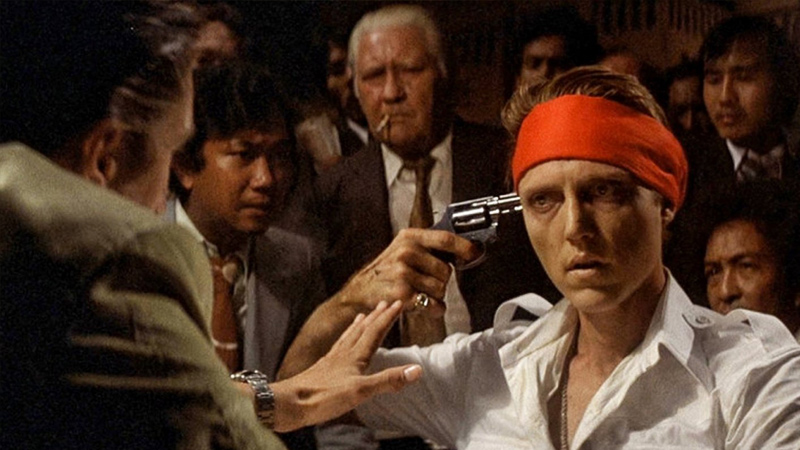
The Deer Hunter is a 1978 American war film directed by Michael Cimino. The film is set during the Vietnam War and follows a group of friends who are drafted into the conflict. The film explores the physical and psychological tolls of war, as well as the moral dilemmas faced by soldiers.
The film is based on the real-life experiences of Vietnam War veterans, and it is considered to be one of the most realistic and harrowing depictions of the war on film.
The Bridge on the River Kwai
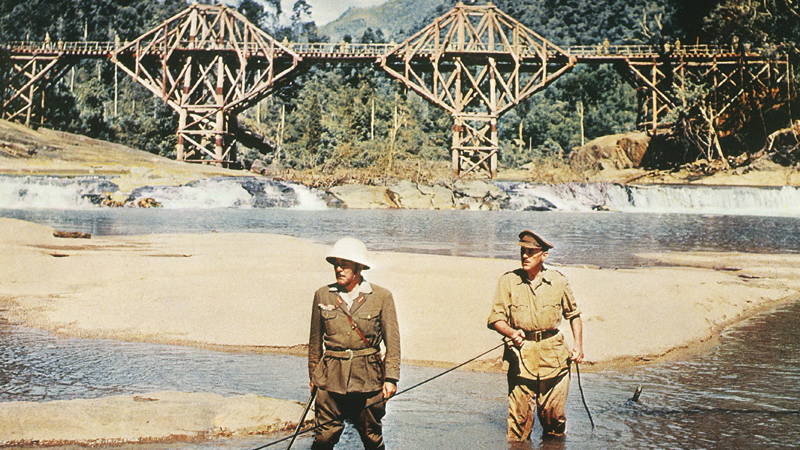
The Bridge on the River Kwai is a 1957 British war film directed by David Lean. The film is set during World War II and follows a group of Allied prisoners of war who are held in a Japanese POW camp in Burma. The prisoners are forced to build a bridge over the River Kwai as part of the Burma Railway, and the film explores the physical and psychological tolls of this forced labor, as well as the moral dilemmas faced by the prisoners.
The film is based on the novel “The Bridge over the River Kwai” by Pierre Boulle, which was inspired by the real-life construction of the Burma Railway during World War II.
Lawrence of Arabia
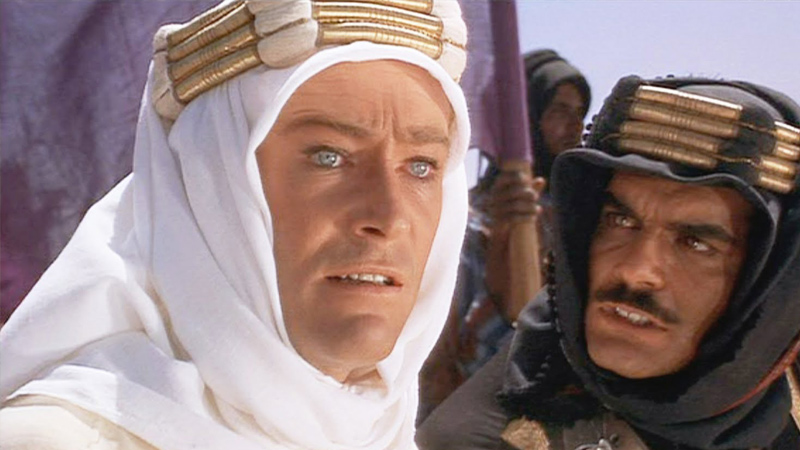
Lawrence of Arabia is a 1962 British epic war film directed by David Lean. The film is based on the real-life story of T.E. Lawrence, a British officer who played a key role in the Arab Revolt against the Ottoman Empire during World War I. The film follows Lawrence’s journey as he becomes a leader in the Arab nationalist movement and helps to unite the various Arab tribes in their fight against the Ottoman Empire.
The film is considered to be a highly accurate depiction of the real-life events and personalities involved in the Arab Revolt, and it is considered to be one of the greatest war films of all time. The film’s depiction of Lawrence’s complex and controversial character, as well as its portrayal of the brutal and chaotic nature of the war, helped to change the way that the Arab Revolt and World War I were remembered and represented in popular culture.
Das Boot
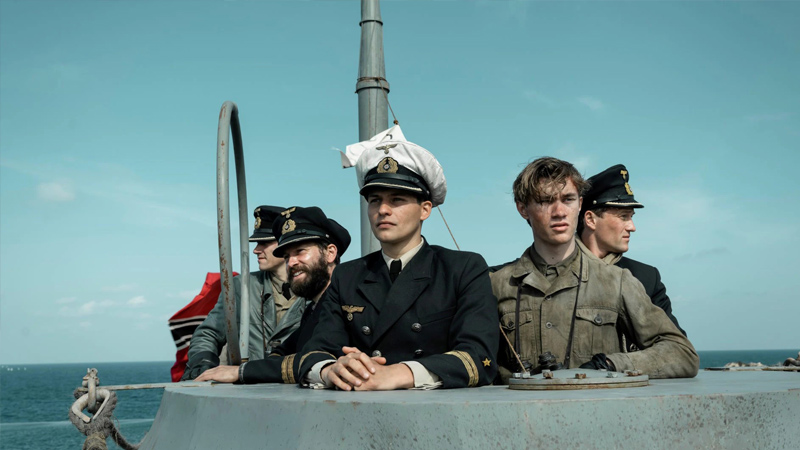
Das Boot is a 1981 German war film directed by Wolfgang Petersen. The film is set during World War II and follows the crew of a German U-boat as they go on a series of patrols in the Atlantic Ocean. The film is told from the perspective of the crew and explores the physical and psychological tolls of life on a submarine, as well as the moral dilemmas faced by the crew.
The film is based on the novel “Das Boot” by Lothar-Günther Buchheim, which was inspired by Buchheim’s own experiences as a war correspondent on a U-boat during World War II.
The Thin Red Line
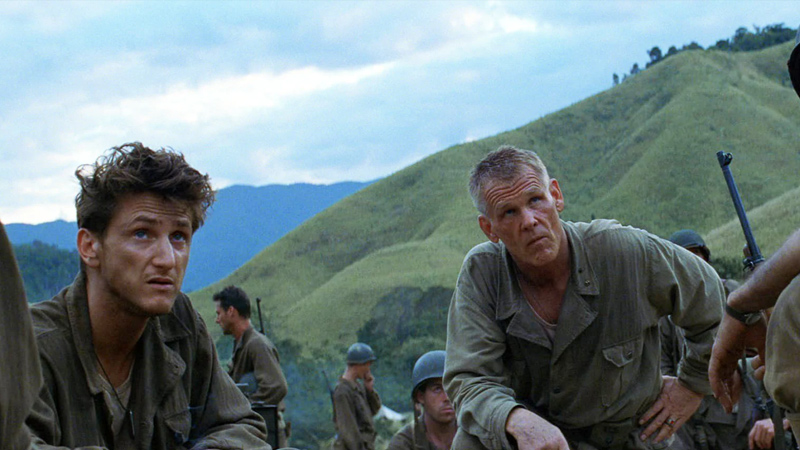
The Thin Red Line is a 1998 American war film directed by Terrence Malick. The film is set during World War II and follows a group of soldiers who are fighting in the Battle of Guadalcanal in the Pacific Theater. The film explores the physical and psychological tolls of war, as well as the moral dilemmas faced by soldiers.
The film is based on the novel “The Thin Red Line” by James Jones, which was inspired by Jones’s own experiences as a soldier in World War II.
Glory
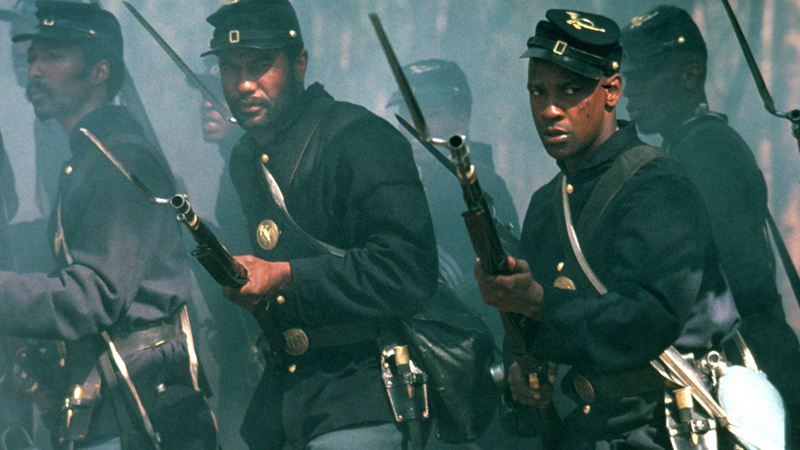
Glory is a 1989 American war film directed by Edward Zwick. The film is set during the American Civil War and follows the 54th Massachusetts Infantry Regiment, one of the first African American units to fight in the conflict. The film explores the physical and psychological tolls of war, as well as the moral dilemmas faced by soldiers and the racial issues that were prevalent during the Civil War.
The film is based on the real-life story of the 54th Massachusetts Infantry Regiment, and it is considered to be a highly accurate depiction of the unit’s experiences during the Civil War. The film’s depiction of the bravery and sacrifices of the African American soldiers, as well as its portrayal of the racial tensions and injustices of the time, helped to change the way that the Civil War was remembered and represented in popular culture.
The Great Escape
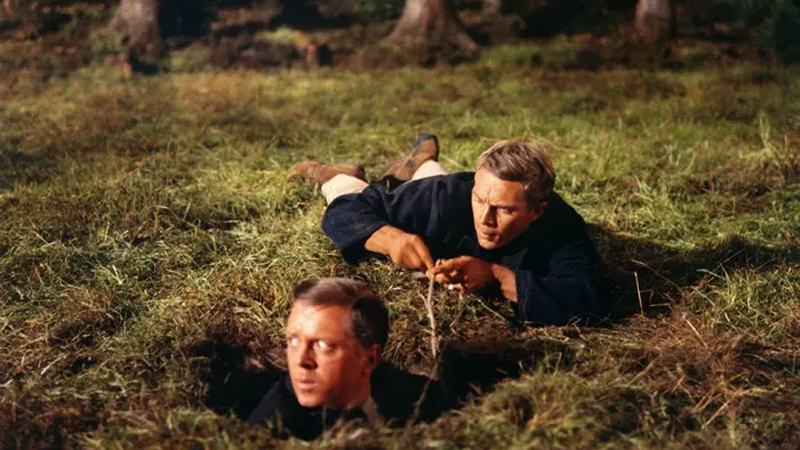
The Great Escape is a 1963 American war film directed by John Sturges. The film is based on the real-life events of the Great Escape, a mass escape from a German POW camp during World War II. The film follows a group of Allied prisoners of war who plan and execute a daring escape from the camp.
The film is considered to be a highly accurate depiction of the real-life events of the Great Escape, and it is based on the book “The Great Escape” by Paul Brickhill, which was itself based on firsthand accounts from the escapees. The film’s portrayal of the ingenuity and bravery of the prisoners of war, as well as its depiction of the harsh conditions faced by prisoners in German POW camps, helped to change the way that World War II was remembered.
Black Hawk Down
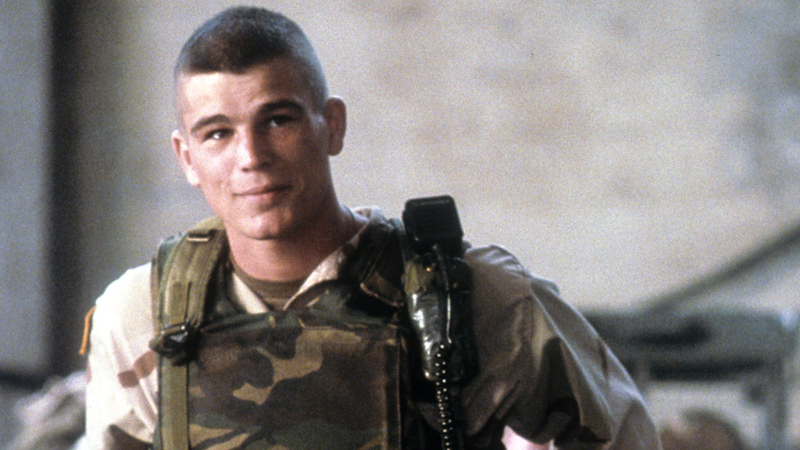
Black Hawk Down is a 2001 American war film directed by Ridley Scott. The film is based on the real-life events of the Battle of Mogadishu, which took place in Somalia in 1993. The film follows a group of soldiers who are part of a United Nations peacekeeping mission in Somalia and who are sent on a mission to capture a Somali warlord. The mission goes awry, and the soldiers are caught in a brutal and chaotic firefight in the streets of Mogadishu.
The film is based on the book “Black Hawk Down: A Story of Modern War” by Mark Bowden, which was itself based on firsthand accounts of the soldiers who were involved in the battle. The film’s portrayal of the intense and chaotic nature of modern warfare was a departure from the more heroic and patriotic depiction of previous war films, and it helped to change the way that the Battle of Mogadishu and modern warfare were remembered.
Pearl Harbor
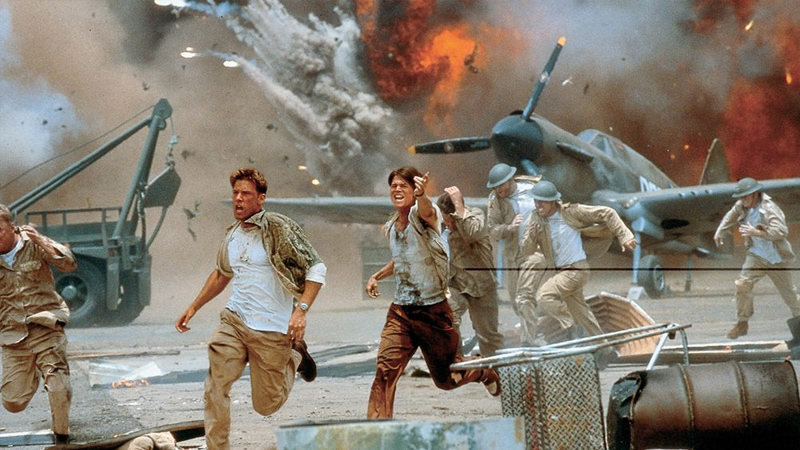
Pearl Harbor is a 2001 American war film directed by Michael Bay. The film is set during World War II and follows the real-life events of the Japanese attack on Pearl Harbor on December 7, 1941. The film focuses on the experiences of two friends, Rafe and Danny, who are both pilots in the United States Army Air Forces. Rafe is sent to Europe to fight in the war, and Danny is left behind at Pearl Harbor. The film follows their experiences before, during, and after the attack on Pearl Harbor.
The film is based on the real-life events of the Japanese attack on Pearl Harbor, and it is considered to be a highly accurate depiction of the attack and its aftermath.
U-571
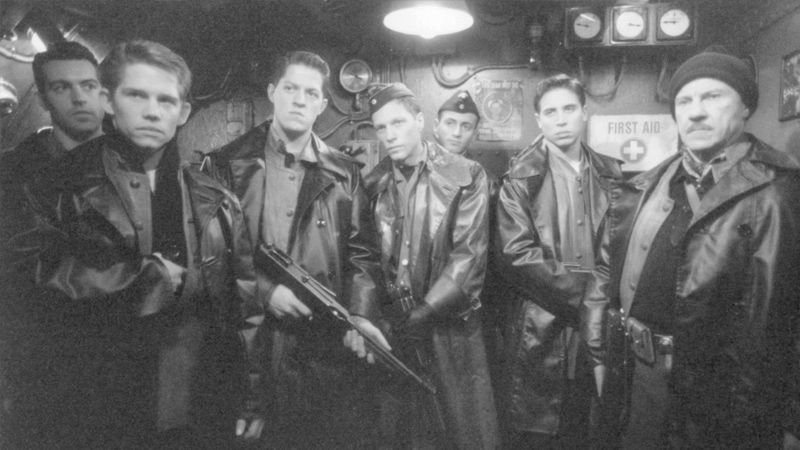
U-571 is a 2000 American war film directed by Jonathan Mostow. The film is set during World War II and follows a group of American sailors who are sent on a mission to capture a German Enigma machine from a disabled U-boat. The film follows the sailors as they embark on their mission and encounter various challenges and dangers along the way.
While the film is a work of fiction, it is based on the real-life efforts of the Allied powers to capture German Enigma machines during World War II. The Enigma machines were used by the Germans to encrypt their communications, and cracking the code played a key role in the outcome of the war.
Letters from Iwo Jima
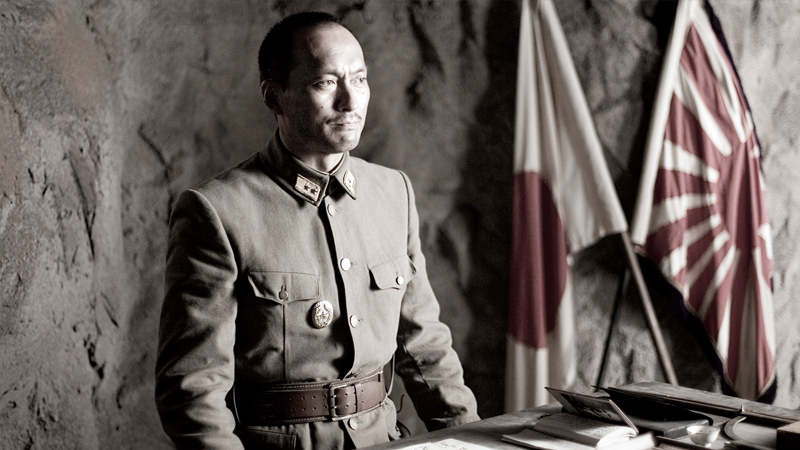
Letters from Iwo Jima is a 2006 war film directed by Clint Eastwood. The film is set during World War II and tells the story of the Battle of Iwo Jima from the perspective of the Japanese soldiers who fought in the conflict. The film follows the experiences of General Tadamichi Kuribayashi and his men as they defend the island against the American invasion.
The film is based on the real-life events of the Battle of Iwo Jima, and it is considered to be a highly accurate depiction of the conflict and the experiences of the Japanese soldiers who fought in it. The film’s portrayal of the brutal and chaotic nature of the battle, as well as its depiction of the heroism and sacrifices of the Japanese soldiers, helped to change the way that the Battle of Iwo Jima and World War II were remembered.
Flags of Our Fathers
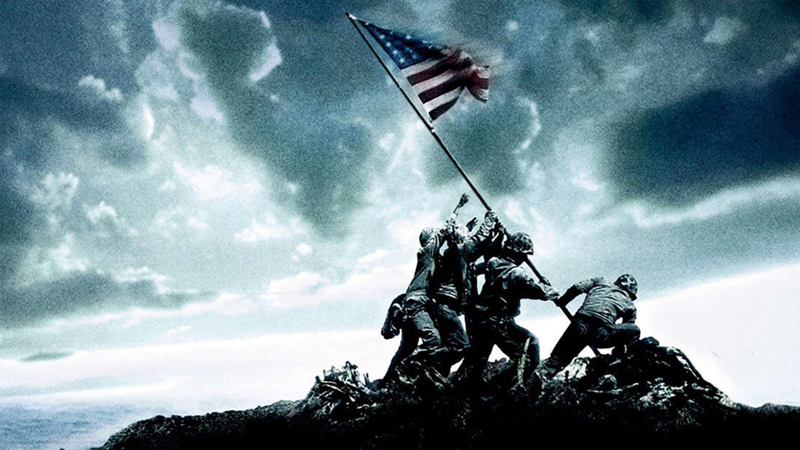
Flags of Our Fathers is a 2006 war film directed by Clint Eastwood. The film is set during World War II and tells the story of the Battle of Iwo Jima from the perspective of the American soldiers who fought in the conflict. The film follows the experiences of John “Doc” Bradley, Rene Gagnon, and Ira Hayes, three of the soldiers who were involved in the raising of the American flag on Mount Suribachi, one of the most iconic moments of the battle.
The film is based on the real-life events of the Battle of Iwo Jima, and it is considered to be a highly accurate depiction of the conflict and the experiences of the American soldiers who fought in it.
The Patriot
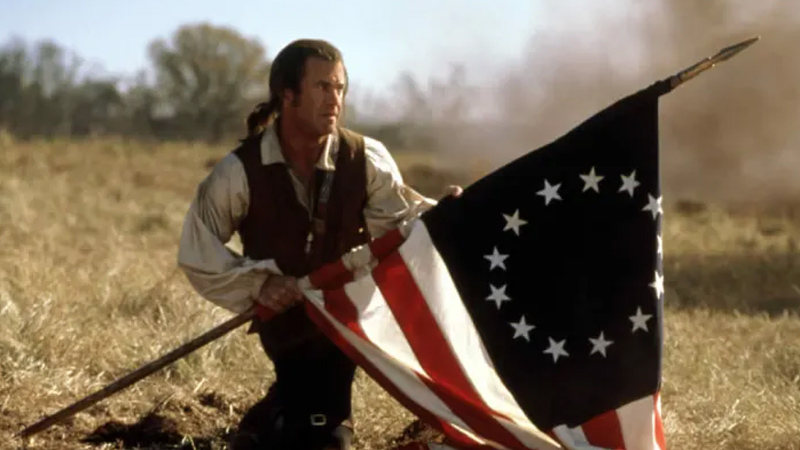
The Patriot is a 2000 American war film directed by Roland Emmerich. The film is set during the American Revolutionary War and follows the story of Benjamin Martin, a widowed farmer and former soldier who is drawn into the conflict when his son is killed by British troops. The film follows Martin as he becomes a leader in the Patriot cause and fights against the British in the Southern Theater of the war.
The film is inspired by the real-life events of the American Revolutionary War, and it incorporates elements of the experiences of several historical figures, including Francis Marion and Daniel Morgan. However, the film is largely a work of fiction, and it takes significant liberties with the historical events and characters it portrays. Despite this, the film’s portrayal of the bravery and sacrifices of the Patriots helped to change the way that the American Revolutionary War was remembered and represented in popular culture.
The Pianist
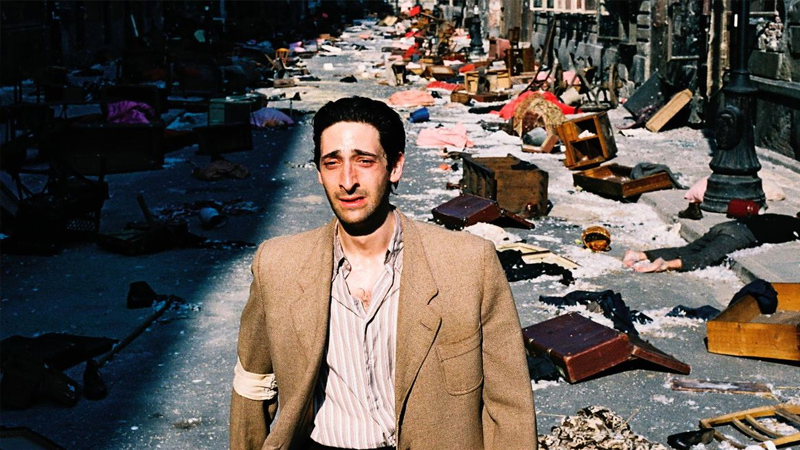
The Pianist is a 2002 war film directed by Roman Polanski. The film is based on the real-life experiences of Władysław Szpilman, a Polish-Jewish pianist who survived the Holocaust during World War II. The film follows Szpilman’s experiences as he is forced to flee his home in Warsaw and becomes a fugitive in the city as the Germans occupied Poland. The film explores the physical and psychological tolls of Szpilman’s experiences, as well as the moral dilemmas he faces as he tries to survive the war.
The film is based on Szpilman’s own memoir “The Pianist,” and it is considered to be a highly accurate depiction of his experiences during the Holocaust.
The Imitation Game
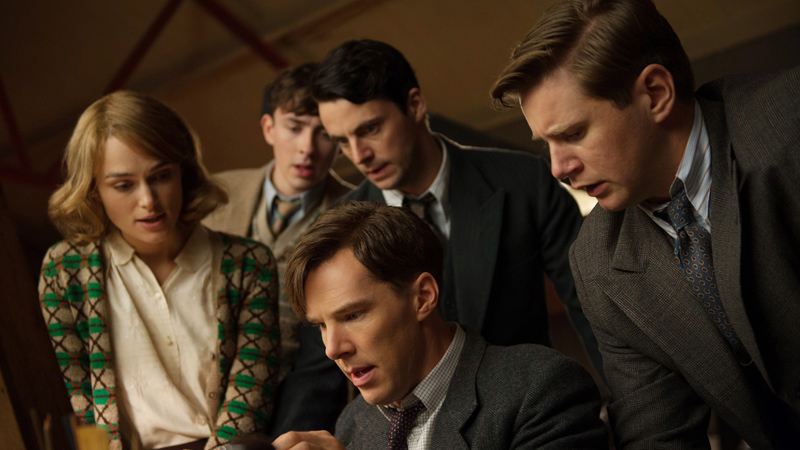
The Imitation Game is a 2014 biographical drama film directed by Morten Tyldum. The film is based on the real-life story of Alan Turing, a British mathematician and computer scientist who played a key role in cracking the German Enigma code during World War II. The film follows Turing as he leads a team of codebreakers at Bletchley Park and develops the machine that would eventually break the Enigma code.
The film is based on the real-life efforts of Turing and his team at Bletchley Park to crack the Enigma code, and it is considered to be a highly accurate depiction of their experiences during the war. The film’s portrayal of Turing’s contributions to the war effort and the challenges he faced due to his homosexuality helped to change the way that Turing and World War II were remembered.
Atonement

Atonement is a 2007 British romance drama film directed by Joe Wright. The film is based on the novel of the same name by Ian McEwan and follows the story of Briony Tallis, a young girl who falsely accuses her older sister’s lover of a crime, leading to devastating consequences for all involved. The film is told in a nonlinear fashion, and it explores the themes of love, loss, and the consequences of one’s actions.
The film is set in the years leading up to and during World War II, and the events of the war serve as a backdrop to the story. However, the film is primarily a work of fiction and does not have a strong connection to historical events. The film’s portrayal of the themes of love and loss, as well as its exploration of the consequences of one’s actions, helped to make it a memorable and impactful film.
Hacksaw Ridge
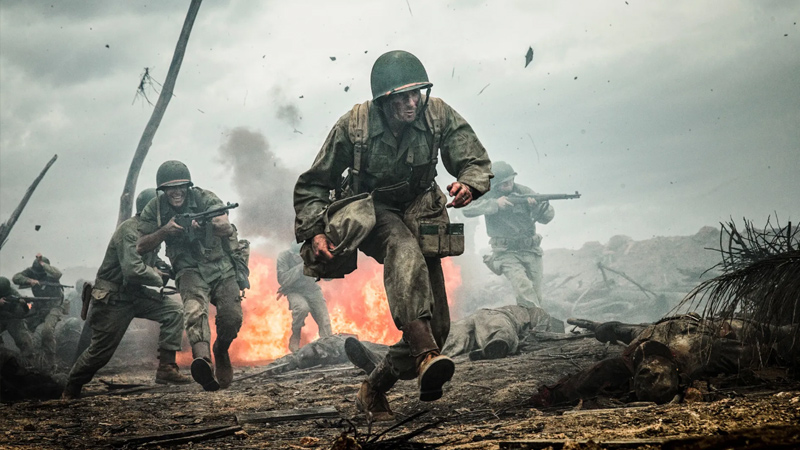
Hacksaw Ridge is a 2016 war film directed by Mel Gibson. The film is based on the real-life story of Desmond Doss, a United States Army corporal and medic who served in World War II and was awarded the Medal of Honor for his actions during the Battle of Okinawa. The film follows Doss’s experiences as he enlists in the army and becomes a medic, and it explores the physical and psychological tolls of war, as well as the moral dilemmas faced by soldiers.
The film is based on the real-life experiences of Doss, and it is considered to be a highly accurate depiction of his actions during the Battle of Okinawa.
Valkyrie
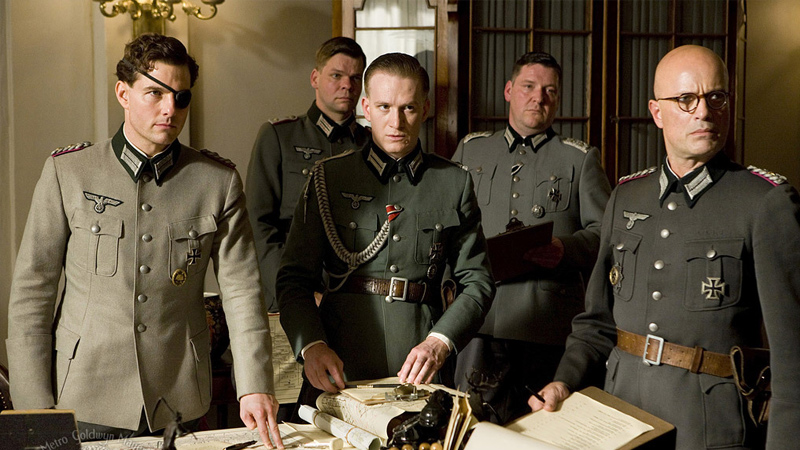
Valkyrie is a 2008 war film directed by Bryan Singer. The film is based on the real-life events of the 20 July plot, an attempt by a group of German military officers to assassinate Adolf Hitler and seize control of the government during World War II. The film follows Colonel Claus von Stauffenberg, the leader of the plot, as he and his fellow conspirators work to bring down Hitler and end the war.
The film is based on the real-life events of the 20 July plot, and it is considered to be a highly accurate depiction of the plot and the experiences of the conspirators. The film’s portrayal of the bravery and sacrifices of the conspirators, as well as its depiction of the moral dilemmas faced by the officers as they tried to bring down Hitler, helped to change the way that the 20 July plot and World War II were remembered in popular culture.
Dunkirk
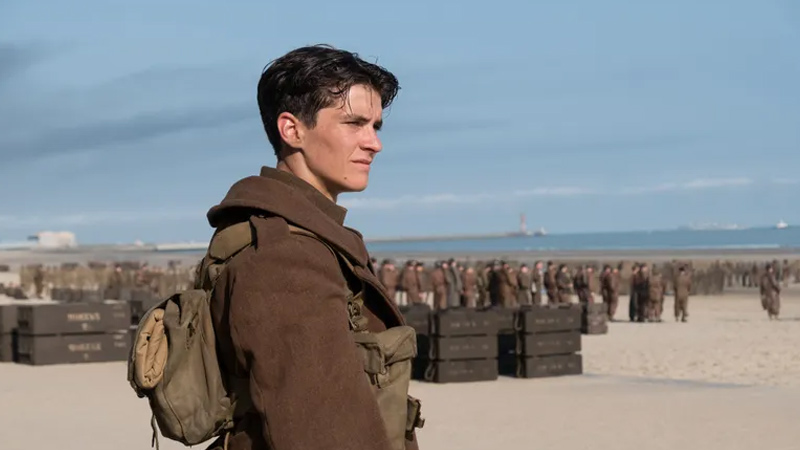
Dunkirk is a 2017 war film directed by Christopher Nolan. The film is based on the real-life events of the Dunkirk evacuation, which took place during World War II in 1940. The film follows the experiences of a group of soldiers, sailors, and civilians who are caught up in the evacuation as they try to escape the encircling German army.
The film is based on the real-life events of the Dunkirk evacuation, and it is considered to be a highly accurate depiction of the evacuation and the experiences of the soldiers, sailors, and civilians who were involved.
Schindler’s List
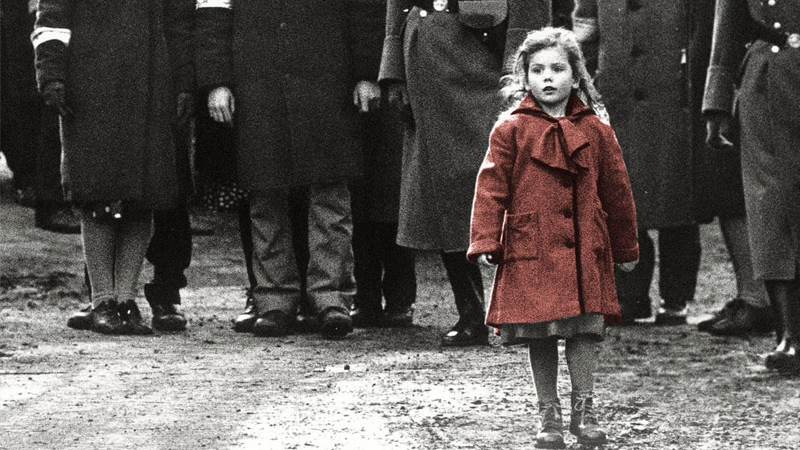
Schindler’s List is a 1993 war film directed by Steven Spielberg. The film is based on the real-life story of Oskar Schindler, a German businessman who saved the lives of thousands of Polish-Jewish refugees during the Holocaust by employing them in his factories during World War II. The film follows Schindler’s experiences as he becomes increasingly aware of the atrocities being committed by the Germans and decides to use his position and resources to try to save as many Jews as possible.
The film is based on the real-life story of Schindler and his efforts to save the lives of Jews during the Holocaust, and it is considered to be a highly accurate depiction of his experiences.
Braveheart

Braveheart is a 1995 epic war film directed by and starring Mel Gibson. The film is based on the real-life story of William Wallace, a Scottish warrior who led a rebellion against the English in the 13th century. The film follows Wallace as he becomes a leader in the Scottish resistance and fights against the English in a series of battles.
The film is based on the real-life story of Wallace and his role in the Scottish Wars of Independence, and it is considered to be a highly accurate depiction of his experiences. However, the film does take some liberties with historical events and characters, and it is primarily a work of fiction.
Kingdom of Heaven
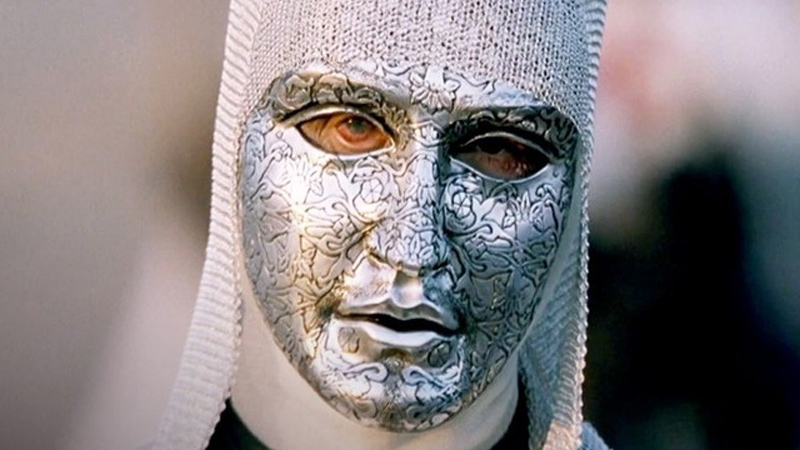
Kingdom of Heaven is a 2005 epic war film directed by Ridley Scott. The film is set during the Crusades of the 12th century and follows the story of Balian, a French blacksmith who becomes a knight and goes on a quest to defend the city of Jerusalem from the invading Saracens. The film explores themes of faith, honor, and the cost of war.
The film is based on the real-life events of the Crusades, and it is considered to be a highly accurate depiction of the historical events and characters it portrays.
300

300 is a 2006 epic war film directed by Zack Snyder. The film is based on the graphic novel of the same name by Frank Miller and is a fictionalized retelling of the Battle of Thermopylae, which took place in ancient Greece in 480 BC. The film follows the story of King Leonidas and the 300 Spartans who fought against the invading Persian army led by Xerxes.
The film is based on the real-life events of the Battle of Thermopylae, and it is considered to be a highly accurate depiction of the historical events and characters it portrays. However, the film does take some liberties with the historical events and characters, and it is primarily a work of fiction.
Troy

Troy is a 2004 epic war film directed by Wolfgang Petersen. The film is based on the Trojan War, a legendary conflict that is said to have taken place in ancient Greece. The film follows the story of Prince Hector of Troy and his brother Prince Paris, as they defend their city against the invading Greek army led by Agamemnon. The film explores themes of love, honor, and the cost of war.
The film is inspired by the real-life events of the Trojan War, and it is considered to be a highly accurate depiction of the historical events and characters it portrays. However, the film does take some liberties with the historical events and characters, and it is primarily a work of fiction.
Gladiator

Gladiator is a 2000 epic war film directed by Ridley Scott. The film is set in ancient Rome and follows the story of Maximus Decimus Meridius, a Roman general who is betrayed by the emperor’s son and becomes a gladiator. The film explores themes of honor, revenge, and the power of the human spirit.
The film is inspired by the real-life events of ancient Rome, and it is considered to be a highly accurate depiction of the historical events and characters it portrays. However, the film does take some liberties with the historical events and characters, and it is primarily a work of fiction. Despite this, the film’s portrayal of the brutality of gladiator games and the corruption of the Roman Empire, as well as its depiction of the courage and determination of Maximus, helped to change the way that ancient Rome was remembered and represented in popular culture.
The Last Samurai
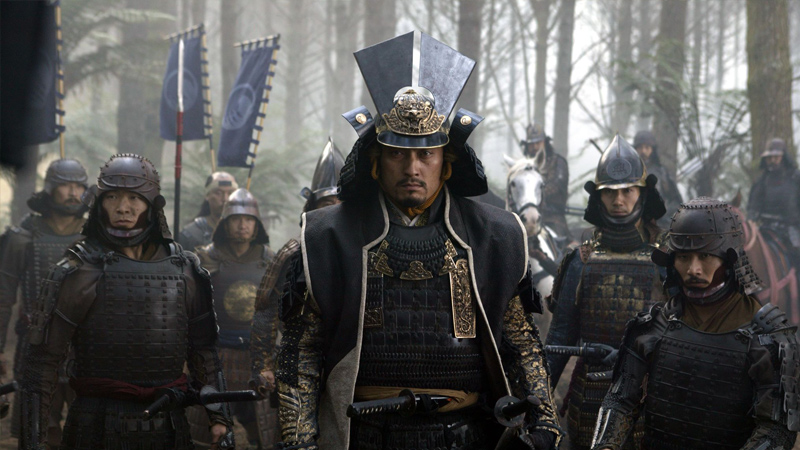
The Last Samurai is a 2003 war film directed by Edward Zwick. The film is set in Japan in the late 19th century and follows the story of Nathan Algren, a retired American military officer who is hired by the Japanese government to help modernize the country’s army. The film follows Algren as he becomes embroiled in a conflict with a group of Samurai warriors who are fighting to preserve their way of life.
The Last Samurai is a film set during the Meiji Restoration in Japan. While it is inspired by real historical events, it should be viewed as a work of fiction, as it takes some creative liberties with the events and characters depicted. Despite this, the film has had a significant impact on how the Meiji Restoration is remembered and depicted in popular culture, thanks to its portrayal of the bravery and honor of the Samurai, as well as its depiction of the cultural and political changes occurring in Japan at the time. It is generally considered to be an accurate depiction of the historical events and characters it portrays.
Master and Commander: The Far Side of the World
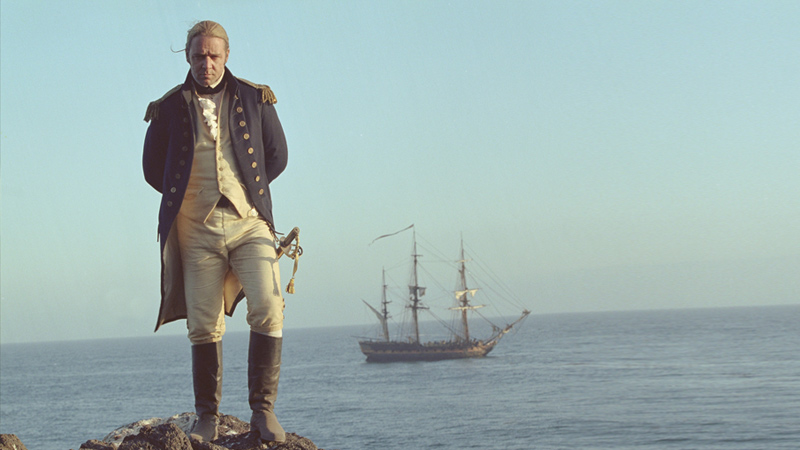
Master and Commander: The Far Side of the World is a 2003 war film directed by Peter Weir. The film is set during the Napoleonic Wars and follows the story of Captain Jack Aubrey and Dr. Stephen Maturin, the crew of the HMS Surprise, as they embark on a mission to hunt down and capture a French privateer. The film explores themes of friendship, loyalty, and the cost of war.
Master and Commander: The Far Side of the World is a film that takes place during the Napoleonic Wars. While it is based on real historical events, it should be viewed as a work of fiction, as it takes some creative liberties with the events and characters depicted. Despite this, the film has had a significant impact on how the Napoleonic Wars are remembered and depicted in popular culture, thanks to its portrayal of the harsh and dangerous conditions of naval warfare, as well as its depiction of the friendship and loyalty of the crew of the HMS Surprise. It is generally considered to be an accurate depiction of the historical events and characters it portrays.
War Horse
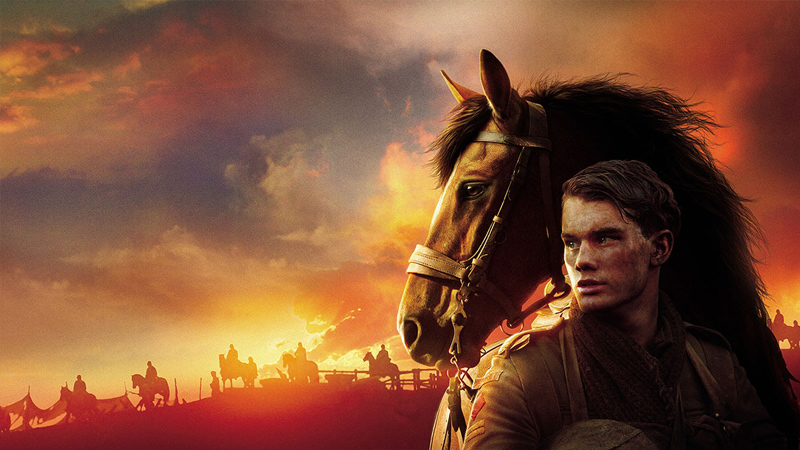
War Horse is a 2011 war film directed by Steven Spielberg. The film is set during World War I and follows the story of a horse named Joey and his various owners, as they experience the horrors of war and the enduring power of friendship. The film explores themes of love, loyalty, and the cost of war.
The Lone Survivor
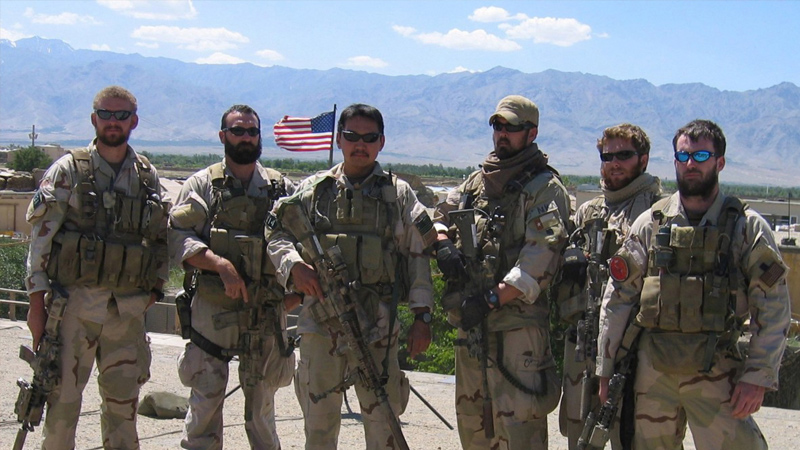
The Lone Survivor is a 2013 war film directed by Peter Berg. The film is based on the real-life story of Marcus Luttrell, a Navy SEAL who was the only survivor of a 2005 mission in Afghanistan. The film follows Luttrell as he fights for survival against Taliban fighters in the rugged Afghan wilderness.
The Lone Survivor is a film based on the real-life events of the War in Afghanistan, with a focus on the story of Marcus Luttrell and his survival against Taliban fighters. While the film is generally considered to be an accurate depiction of the historical events and characters it portrays, it should be viewed primarily as a work of fiction as it does take some creative liberties. Despite this, the film’s portrayal of the harsh realities of modern warfare and the courage and determination of Luttrell has had a significant impact on how the War in Afghanistan is remembered and depicted in popular culture.
American Sniper
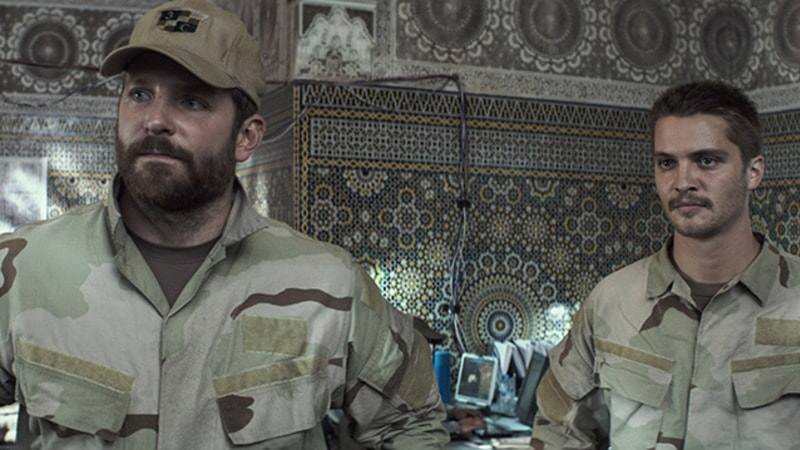
American Sniper is a 2014 war film directed by Clint Eastwood. The film is based on the real-life story of Chris Kyle, a Navy SEAL who is considered to be the deadliest sniper in American military history. The film follows Kyle’s experiences as a sniper in Iraq and the impact that his time at war had on his personal life.
American Sniper is based on the true story of Chris Kyle, a Navy SEAL during the Iraq War.
Unbroken
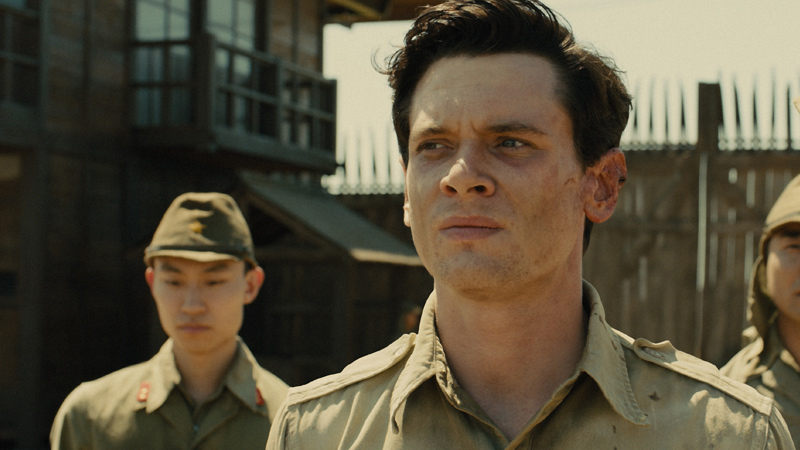
Unbroken is a 2014 biographical war film directed by Angelina Jolie. The film is based on the real-life story of Louis Zamperini, an Olympic athlete who was captured by the Japanese during World War II and held as a prisoner of war. The film follows Zamperini’s experiences as a prisoner of war and his struggle to survive and maintain hope.
Fury
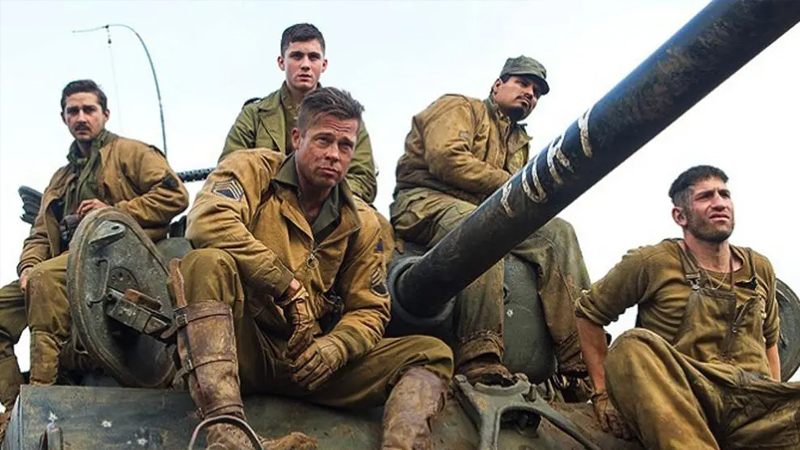
Fury is a 2014 war film directed by David Ayer. The film is set in World War II and follows the story of a crew of soldiers who are tasked with driving a tank called “Fury” behind enemy lines. The film explores themes of brotherhood, loyalty, and the horrors of war.
The Monuments Men
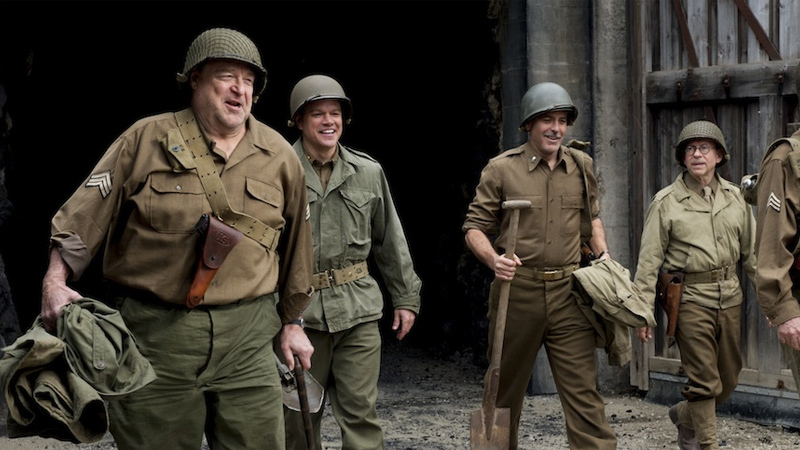
The Monuments Men is a 2014 war film directed by George Clooney. The film is based on the true story of a group of art historians and museum curators who were tasked with recovering and protecting cultural artifacts during World War II. The film follows the group as they navigate the dangers of war and their efforts to save some of the world’s most precious cultural treasures.
A Bridge Too Far
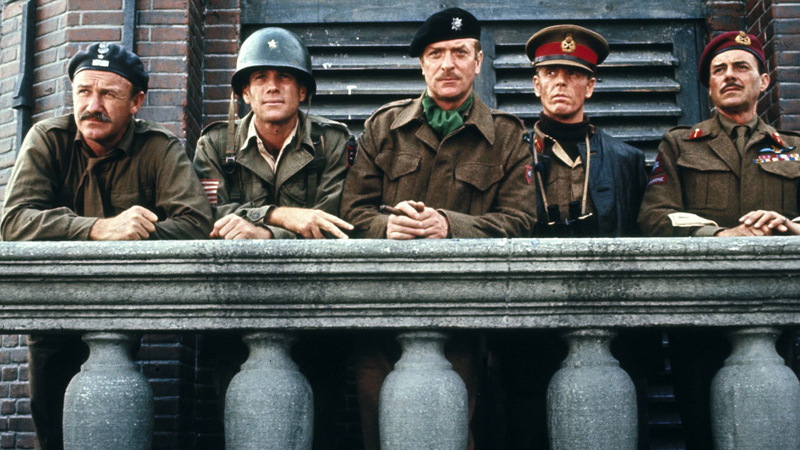
A Bridge Too Far is a 1977 war film directed by Richard Attenborough. The film is based on the real-life events of Operation Market Garden, a failed World War II military operation that took place in the Netherlands. The film follows the experiences of the soldiers who participated in the operation and the challenges that they faced.
The Book Thief
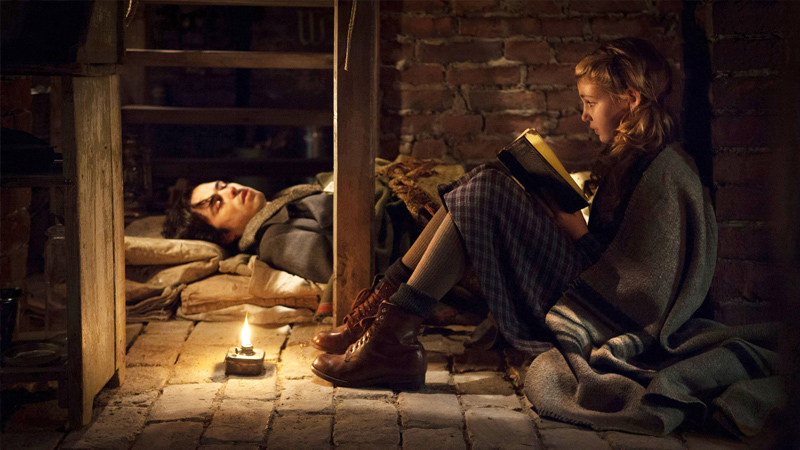
The Book Thief is a 2013 war drama film directed by Brian Percival. The film is based on the 2005 novel of the same name by Markus Zusak and is set in Nazi Germany during World War II. The film follows the story of Liesel Meminger, a young girl who is sent to live with a foster family in Germany after her mother is taken away by the Nazi regime.
As she grows up, Liesel becomes friends with a Jewish man who is hiding in her foster family’s basement, and she begins to steal books to help him pass the time. The film explores themes of love, friendship, and the power of words.
The Good Shepherd
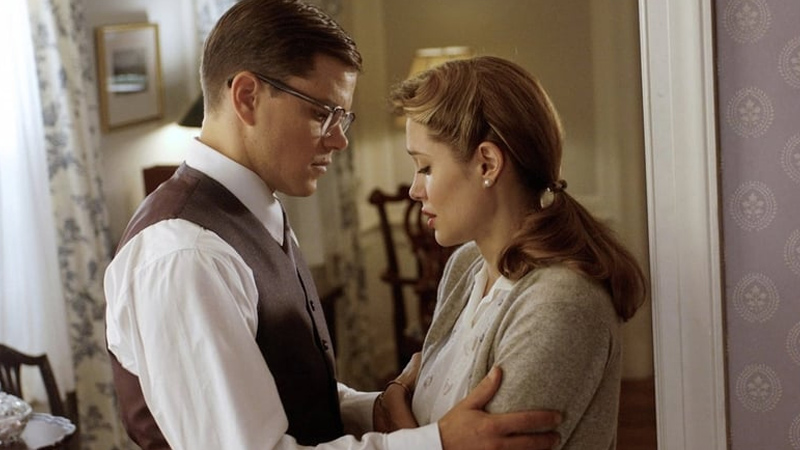
The Good Shepherd is a 2006 spy thriller film directed by Robert De Niro. The film is a fictionalized retelling of the history of the Central Intelligence Agency (CIA) and follows the story of Edward Wilson, a member of the CIA who becomes involved in the agency’s early operations during the Cold War.
The film explores themes of loyalty, secrecy, and the cost of maintaining one’s beliefs. It is inspired by real historical events and characters, but it should be viewed primarily as a work of fiction as it takes some creative liberties with the events and characters depicted.
We Were Soldiers
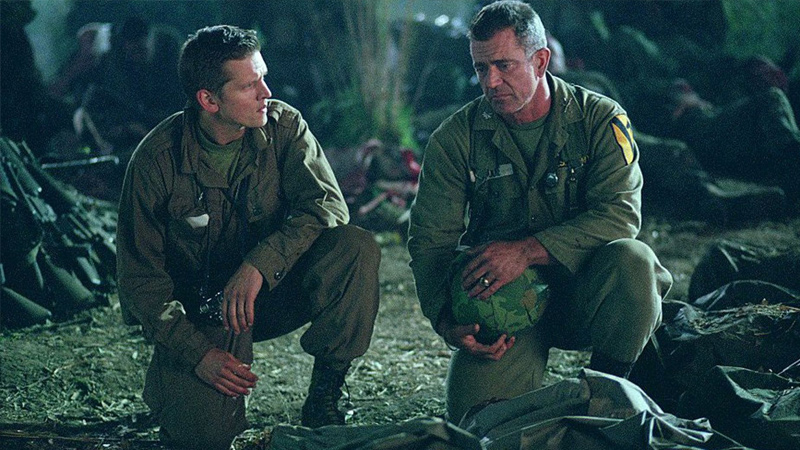
We Were Soldiers is a 2002 war film directed by Randall Wallace. The film is based on the real-life events of the Vietnam War and follows the story of Lieutenant Colonel Hal Moore, who was in charge of the first major engagement between the United States and North Vietnamese forces during the war.
Men of Honor
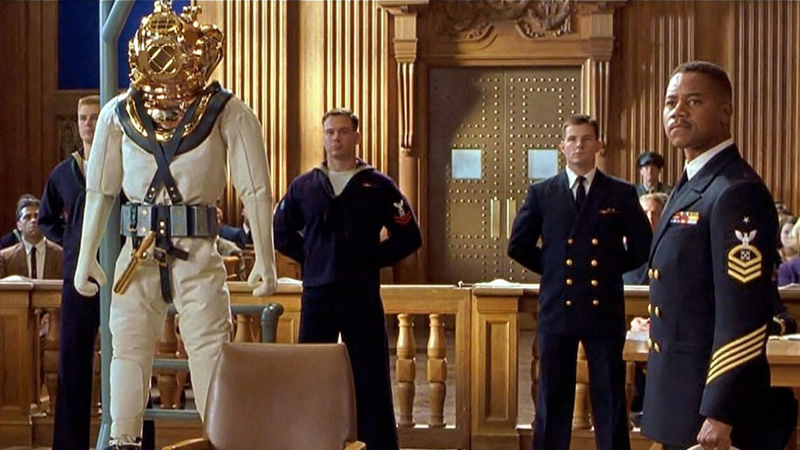
Men of Honor is a 2000 biographical drama film directed by George Tillman Jr. The film is based on the real-life story of Carl Brashear, the first African American master diver in the United States Navy. The film follows Brashear’s journey as he works to overcome racial discrimination and personal struggles in order to achieve his dream of becoming a master diver.
The Enemy at the Gates
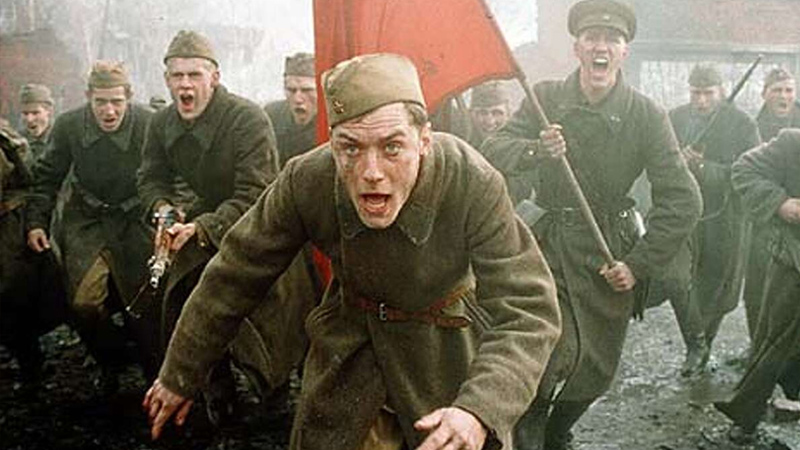
The Enemy at the Gates is a 2001 war film directed by Jean-Jacques Annaud. The film is set during the Battle of Stalingrad in World War II and follows the story of two snipers, one Russian and one German, who are engaged in a deadly duel during the battle. The film also explores the broader context of the battle and the political and personal struggles faced by the soldiers who fought in it.
Behind Enemy Lines
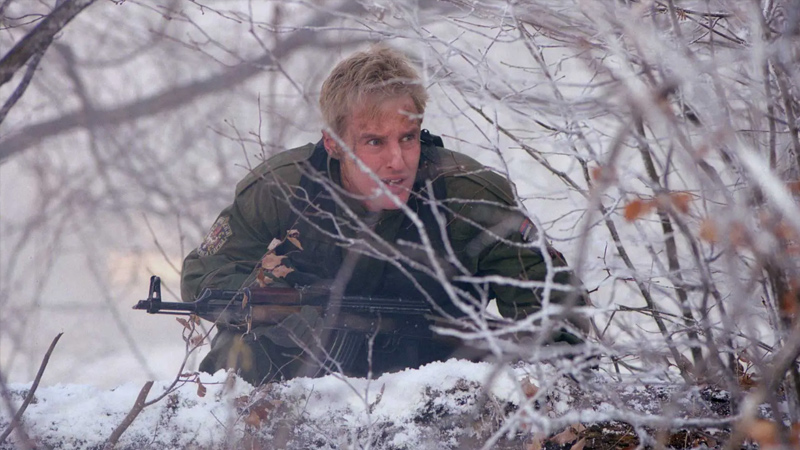
Behind Enemy Lines is a 2001 action war film directed by John Moore. The film follows the story of Lieutenant Chris Burnett, a naval aviator who is shot down while on a reconnaissance mission over Bosnia during the Bosnian War.
Burnett must evade enemy forces and find his way back to safety with the help of a sympathetic civilian. The film explores themes of survival, determination, and the human cost of war.
Defiance
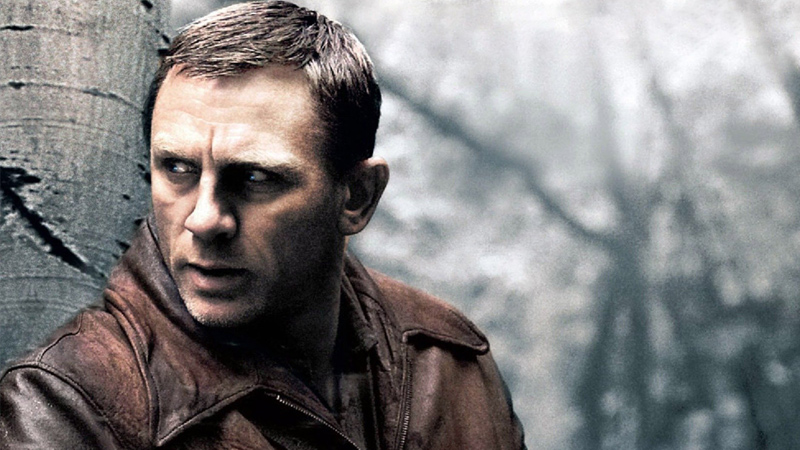
Defiance is a 2008 war film directed by Edward Zwick. The film is based on the real-life story of the Bielski partisans, a group of Jewish resistance fighters who fought against the Nazi occupation of Poland during World War II.
The film follows the story of the Bielski brothers, who lead a group of Jewish refugees through the forest in an effort to survive and fight back against the Germans.
Downfall
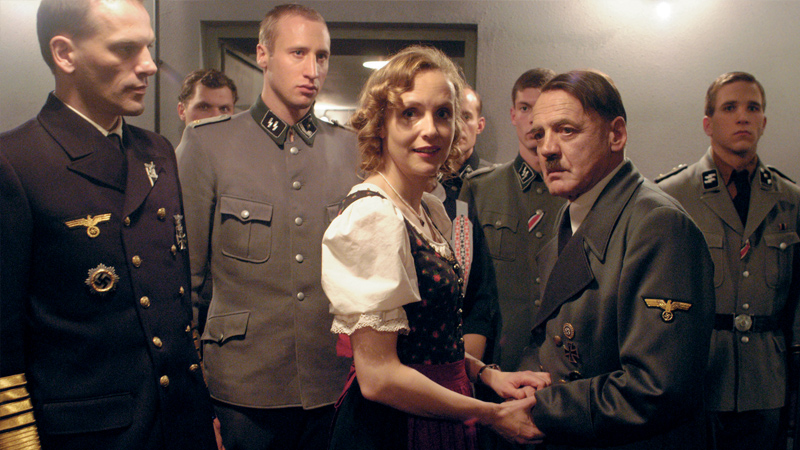
Downfall (German: Der Untergang) is a 2004 war drama film directed by Oliver Hirschbiegel. The film is set during the final days of the Nazi regime in Germany and follows the story of Adolf Hitler, his inner circle, and the fall of Berlin.
Hotel Rwanda
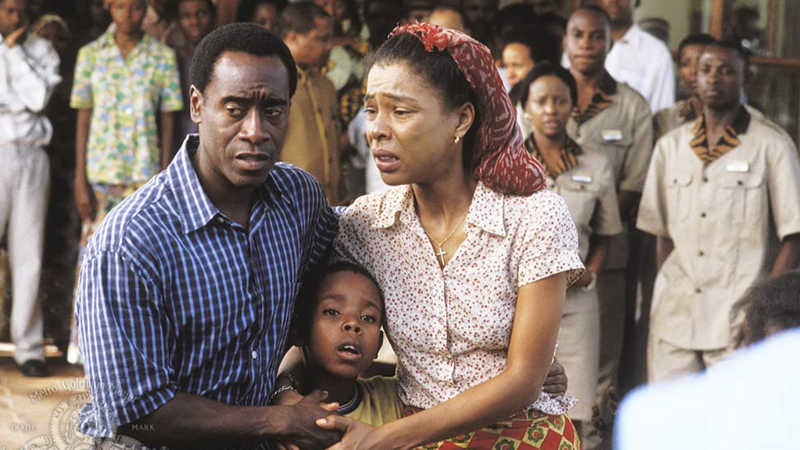
Hotel Rwanda is a 2004 drama film directed by Terry George. The film is based on the real-life events of the Rwandan genocide and follows the story of Paul Rusesabagina, a hotel manager who used his position to protect refugees during the genocide.
Rescue Dawn
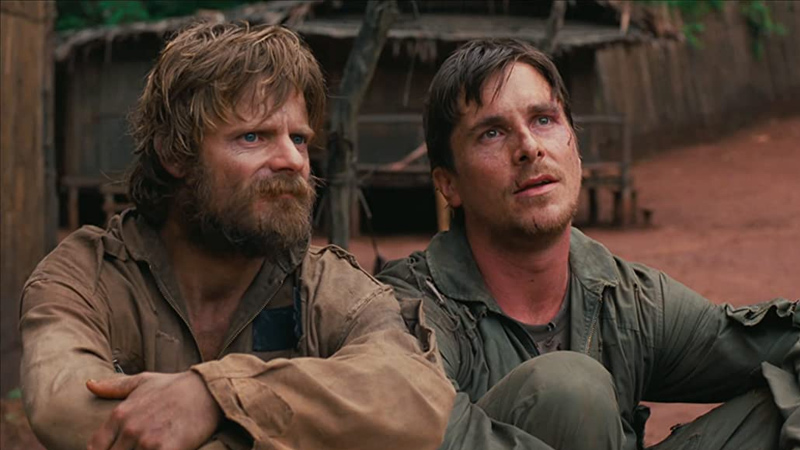
Rescue Dawn is a 2006 war drama film directed by Werner Herzog. The film is based on the real-life story of Dieter Dengler, a U.S. Navy pilot who was shot down and captured during the Vietnam War. The film follows Dengler’s experiences as a prisoner of war and his escape from a POW camp.
Charlie Wilson’s War
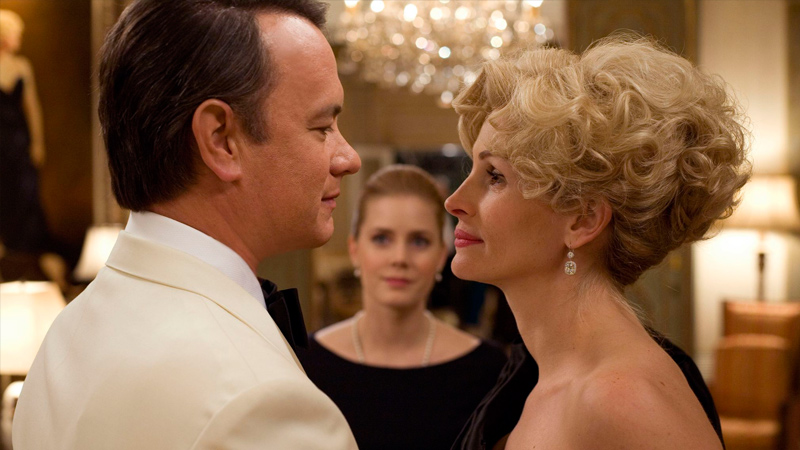
Charlie Wilson’s War is a 2007 comedy-drama film directed by Mike Nichols. The film is based on the real-life story of Charlie Wilson, a U.S. Congressman who played a key role in the Soviet-Afghan War.
The film follows Wilson’s efforts to fund and support the Afghan mujahedeen in their fight against the Soviet Union, and it explores the political and personal motivations behind his actions.

